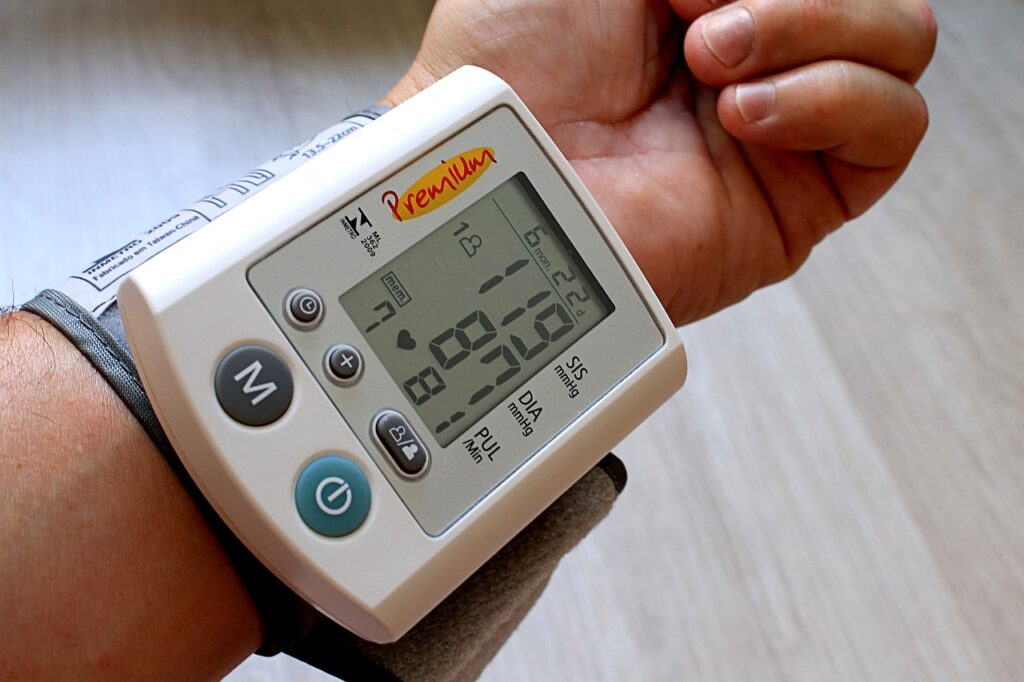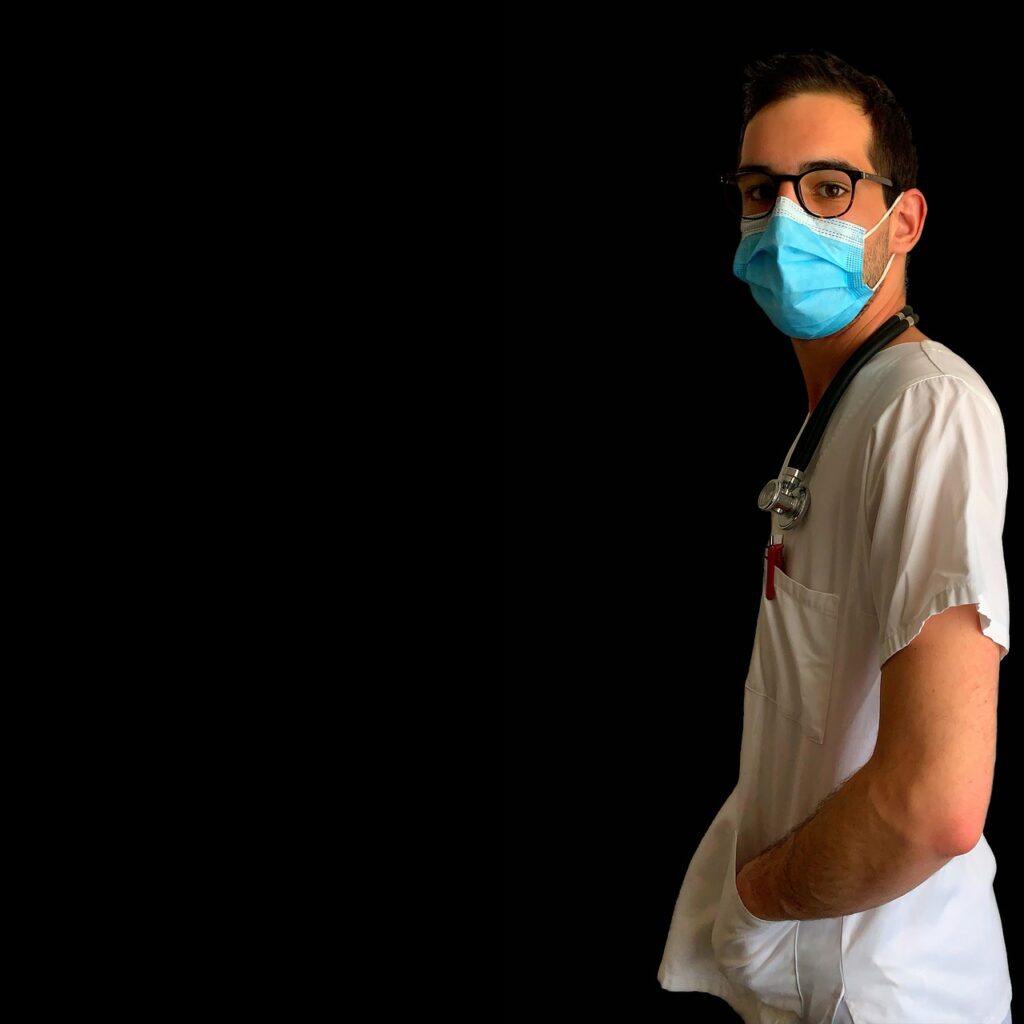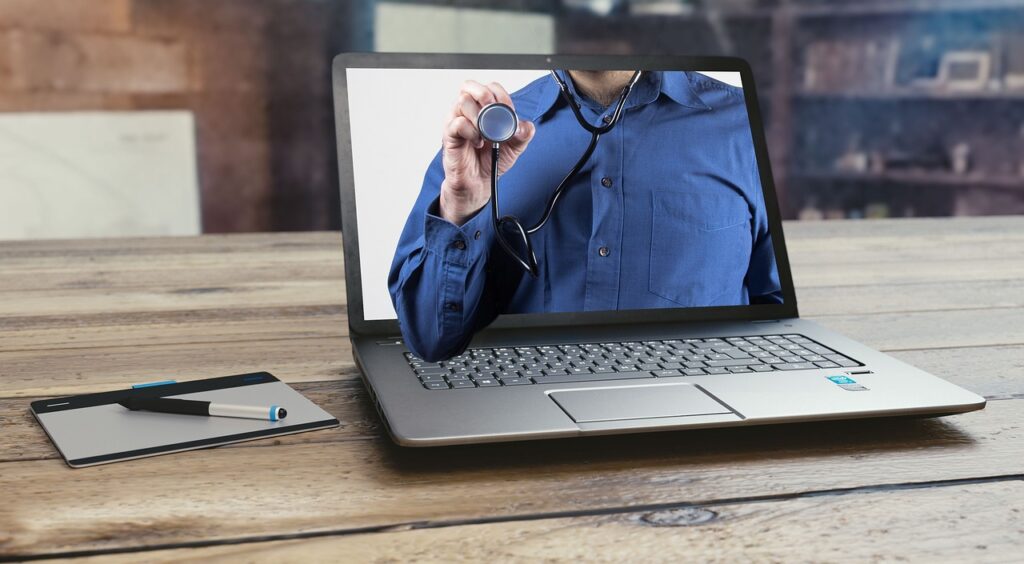In the UK’s vast and varied healthcare system, where dedicated medical professionals tirelessly treat any and everything from the ridiculous to the deeply profound, the occasional burst of (sometimes dark) humour provides a much-needed respite.
As we welcome April Fools’ Day, it’s the perfect time to explore the tongue in cheek tradition of using amusing medical acronyms. These not only serve as a source of laughter but also highlight the quirky and human aspects of healthcare in the UK. From bursting inner city A&Es to suburban GP surgeries, let’s dive into some of these acronyms and the value they bring to both healthcare professionals and patients alike.
TTFO – Told To F*** Off
A quintessentially British response to less-than-cooperative patients, TTFO is used in jest to describe someone who’s been sent on their way, perhaps after making unreasonable demands or causing a stir in the department. It’s a nod to the challenges faced in patient interactions.
GLM – Good Looking Mum
In healthcare, where treating the individual is as important as addressing their ailment, GLM acknowledges that doctors are also human and may note the “attractive” appearance of a patient’s mother.
FLK – Funny Looking Kid
This may be further accentuated if said mother has brought in a child with unusual appearance. FLK describes children with unique appearances, highlighting the diversity and uniqueness of patients. In the past it used to be written in the notes when documenting a child in whom the diagnosis was not clear but is now, rightly, considered inappropriate.
NFN – Normal for Norfolk
I had no idea this acronym even existed until I did a locum as a junior doctor in Norfolk. Apparently according in Wikipedia – The term was utilised by doctors and social workers in Norfolk to depict patients of lesser intellect. According to urban myth such clients were so common in that area that they were considered normal as far as Norfolk was concerned.
PFO – Pissed and Fell Over
Reflecting the spirited British nightlife, PFO humorously accounts for patients who have indulged a bit too much and suffered the consequences. It’s a common presentation on a Friday night shift in A&E departments across the country, shared with a chuckle of dismay.
UBI – Unexplained Beer Injury
PFO may be accompanied by UBI. A surprisingly common phenomenon, which refers to those mysterious injuries one discovers after a night out, with no recollection of how they came about. It’s a wry observation of the sometimes perplexing consequences of our leisure activities.
TF BUNDY – Totally F***ed But Unfortunately Not Dead Yet
This dark acronym speaks to the challenging side of medical care, referring to patients with very poor prognoses. It underscores the coping mechanisms healthcare professionals employ, finding humour amidst adversity.
The Integral Role of Humour in Healthcare
These acronyms do more than elicit a chuckle; they embody the camaraderie, resilience, and essential human touch within the healthcare sector. In a profession marked by long hours and emotional challenges, humour acts as a critical stress reliever and team builder.
Moreover, humour can serve as a bridge, connecting healthcare providers with their patients. It tears down walls, making healthcare experiences more approachable and less daunting. Behind every medical case is a person with their own story, challenges, and yes, moments of humour.
I believe that laughter and light-heartedness have significant roles in the serious world of healthcare. These moments of humour and levity can be invaluable in fostering a compassionate and supportive environment for everyone involved.
Laughter, indeed, is the best medicine—for both the body and soul. It enriches the daily lives of healthcare professionals and patients, reminding us that at the heart of healthcare is not just science and technology, but people and their stories. When shared in a caring and understanding manner it can build a meaningful doctor-patient relationship beyond the merely clinical.










